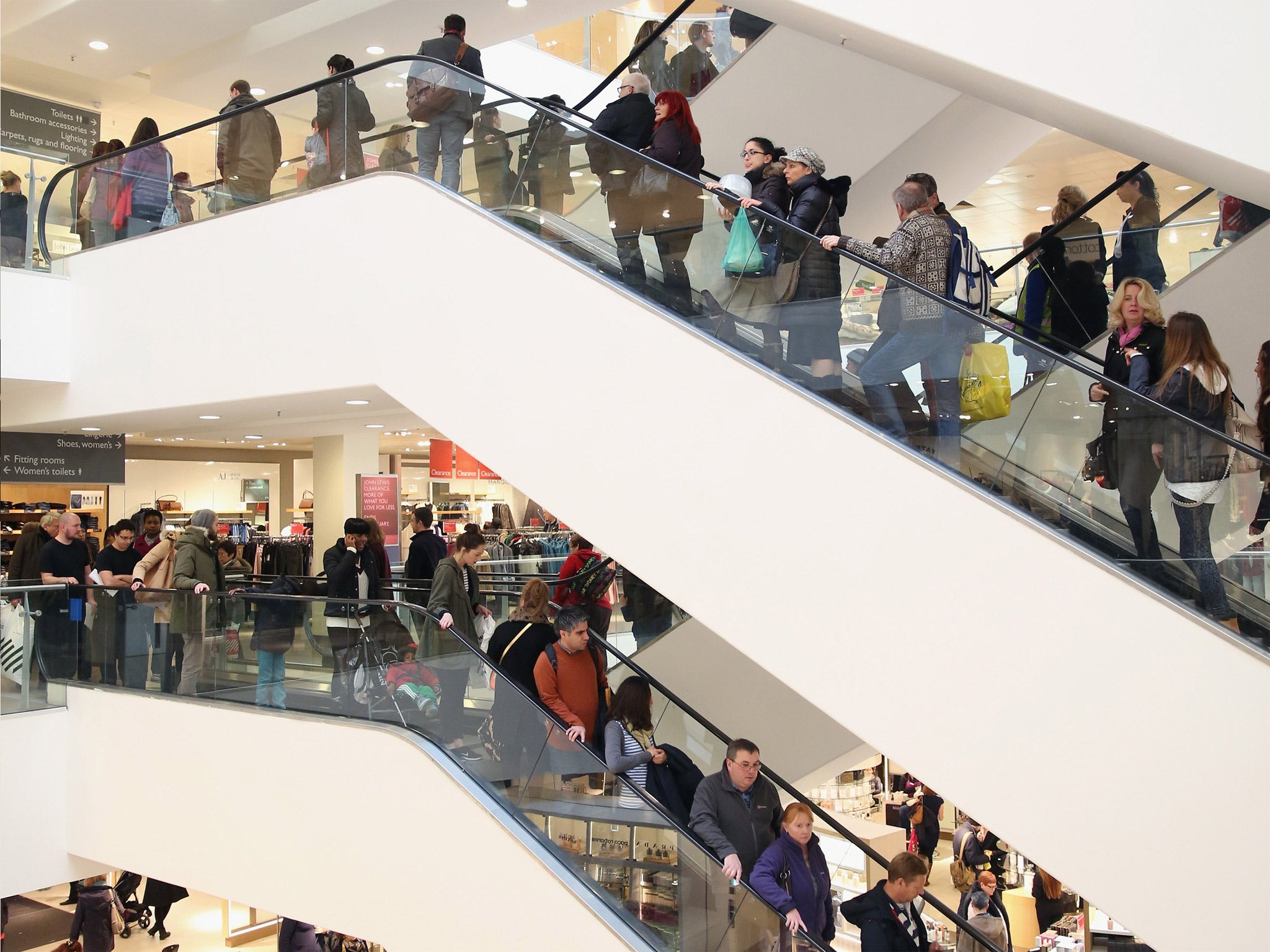Three months ago George Osborne's watchdog had to move at the speed of a whippet. Robert Chote's team at the Office for Budget Responsibility (OBR) was compelled to make some chunky revisions to its economic forecasts of nine months earlier. Like the rest of the forecasting community, the OBR did not see last year's sharp recovery coming. This time around, though, the OBR has not needed to be so radical.
Its growth forecasts published alongside the Budget were slightly higher than the numbers presented at the time of the Autumn Statement in December. GDP growth is seen coming in at 2.7 per cent this year, rather than 2.4 per cent. In 2015, growth is expected to be 2.3 per cent, up from the 2.2 per cent estimate of last time. The OBR sees the UK retaining the pre-crisis output peak in the second quarter of this year.
Yet these upward growth forecasts haven't had a particularly beneficial impact on the OBR's public finances outlook. The deficit falls a little more rapidly than the OBR expected three months ago. Borrowing in the present financial year will be £108bn, down from £111bn estimated in December. In 2017-18 the deficit will be £16.5bn, rather than £23bn previously.
In 2018-19 the Government will run a surplus of £4.8bn, up from £2.2bn in the last OBR estimate. The national debt will top out lower than expected in December. The OBR now sees a peak in 2015-16 of 78.7 per cent of GDP. Yet that's not enough to allow George Osborne to meet the terms of his original fiscal mandate, for debt to start declining as a share of GDP by the end of this parliament.
What explains this disappointingly small impact of higher growth on the public finances? The answer is that the OBR has become more pessimistic since December about the level of slack in the economy. Its estimate of the "output gap" as a share of GDP in 2014 is now 1.4 per cent in 2014, down from its December estimate of 1.8 per cent. The output gap will finally close in 2018, a year earlier than the OBR anticipated in December.
The OBR explained that it thinks the improvement in the economy over the past year has been almost entirely "cyclical" rather than "structural". What this means is that public borrowing will not automatically fall as the economy returns to full capacity.
This matters for economic policy. It means austerity will grind on for another five years as the Government seeks to bring its books back into balance. Unless, of course, the OBR is wrong about the size of the output gap and the economy actually has more spare capacity. Economists are beginning to grumble that the OBR is being over-pessimistic on slack, pushing politicians into committing to more austerity than is truly needed. "No one really knows how much headroom there is, and the cost of underestimating productive potential in terms of permanently lost output and jobs, not to mention unnecessary austerity measures, would be unacceptably high," Andrew Smith of KPMG said.
What about the impact of the host of tax breaks and spending increases unveiled by George Osborne? In macroeconomic terms they are neither here nor there. The "scorecard" that the Treasury produces at every Budget shows the measures are more or less fiscally neutral: tax cuts are offset by spending cuts, and spending increases by tax rises.
There is no discernible impact of George Osborne's "saving revolution" on the OBR's estimates of people's behaviour. The forecast for the household savings rate is lower than estimated in December. The household debt-to-income ratio continues to rise, more steeply than expected. Part of this is explained by rising house prices.
That points to the paradox (some would say hypocrisy) at the heart of the Chancellor's claim that we "don't save enough". In the wake of the global financial crisis, households' savings ratios shot up as people sought to reduce debts. And it was their willingness to reduce these savings ratios and spend more that underpinned last year's recovery. Though the OBR does expect relatively strong growth in business investment to kick in soon, if its overall forecasts are to add up the consumer will still need to continue doing a lot of work. The inconvenient truth is that George Osborne needs us to save less, not more.
Subscribe to Independent Premium to bookmark this article
Want to bookmark your favourite articles and stories to read or reference later? Start your Independent Premium subscription today.


Join our commenting forum
Join thought-provoking conversations, follow other Independent readers and see their replies